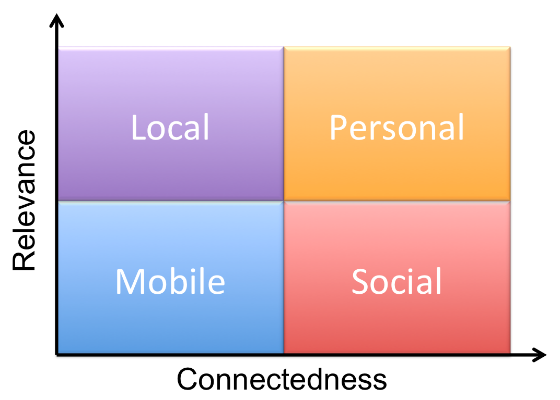
Following a blog post recommendation by Emma Firth, Communications Director of Digi.me, I just read an insightful article, “Transforming the Digital Identity Landscape,†in the June 2017 issue of Leo, an e-magazine published by Luxembourg for Finance.
It was particularly interesting to read the viewpoints of four Digital Identity thought leaders who spoke at the Fintech Stage Luxemourg conference:
A few excerpts:
David Birch, Director of Research at Consult Hyperion and author of “Identity is the new Money.”
To me, digital identity is the bridge between the world of virtual identities that only exist on-line and the things that exist in the real world.
You can think of the problem as being that there are two sides to that bridge: we need to connect the bridge to the real world, and that´s complicated and time-consuming and expensive. Nobody wants to have to manage personal data. Especially because you have new data protection laws coming, and the costs of having to manage this ‘toxic waste’ and deal with it when it is tangential to your business are not what you want to do.
Connecting the bridge to the virtual world, in contrast, is easy. We should have many virtual identities, one for each of our online relationships.
I like the concepts of Identity being a bridge (or set of bridges) between the virtual world of online identities and reality.
His comment about the difficulty of managing the “toxic†waste of personal data which is only tangential to real business is particularly relevant in the GDPR countdown to May 25, 2018.
Julian Ranger, Chairman and Founder of digi.me
We have always been multi-dimensional. The question is, are our financial services able to support that multi-dimensionality and work for me across all of those dimensions?â€
If you consider identity not to be just identification of data, but all the things that I do, then it’s a holistic through-life process, and you should be using digital identity by engaging directly with me and looking at me across all aspects of my life.
I liked how Mr. Ranger described Digital Identity as a “holistic through-life process,†challenging financial services companies to embrace the inherent multi-dimensional reality of the customers they serve.
David Brear, Founder and CEO of 11:FS, a FinTech consultancy
When you look at digital identity there is no de facto listing globally.Â
This is so critical to identity that if you don’t trust the system that the identities are being captured and contained within, it makes it tough for that system to be very useful within the realms of what you are trying to do. This is why people have started to look at irrefutable databases. Things like distributive ledgers and blockchain-like identity schemes are very interesting for this.
Yes, Digital Identity begs for a global “irrefutable database,” perhaps using “distributive ledgers and blockchain-like identity schemes.† I believe this type of mechanism is essential to really solve the current conflict of interest nature of Identity providers.
Sam Maule, Director, Director, Senior Practice Lead, Digital & FInTech at NTT DATA Americas
I believe we overuse and overhype the term blockchain. I believe that distributive ledger technology does serve as an excellent tool, but in the future, we are going to have components of Artificial Intelligence that we haven’t looked at before, with which we will be able to fine-tune this concept of digital identity.
Startups and FinTech can streamline and simplify the process around identity, and I believe the banks themselves can secure it and make sure it’s compliant, and the two work hand in hand together.
I agree that “blockchain†is an overhyped term, but it is interesting that Mr. Maule turned to another over-hyped term, “Artificial Intelligence,†in the quest to fine tune and simplify the problems of Digital Identity.  I expect that we will see a number of technologies converge to meet the global requirements of Digital Identity.
In all, fascinating concepts:
- Digital identity is the “bridge” between our many online virtual identities and our real-world selves.
- Digital Identity must be a “holistic through-life process,†accommodating the inherent multi-dimensional aspect of our lives.
- Technologies like blockchain and distributed ledgers will be essential to enable global, irrefutable databases for Digital Identity.
- Blockchain alone won’t solve all the problems.  Leveraging other emerging technologies such as artificial intelligence will be essential to meet real world Digital Identity demands.
I love these discussions about Identity. Â We have a great future ahead.

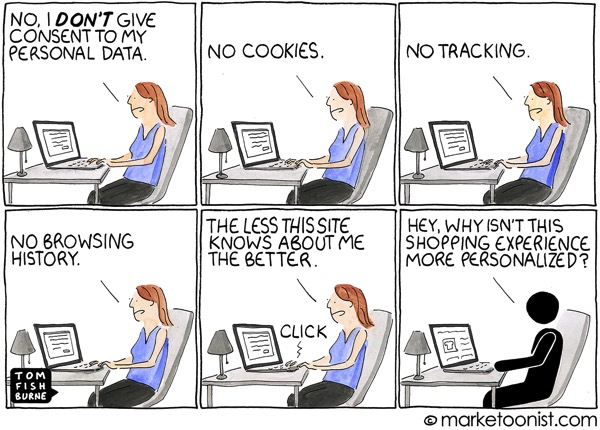




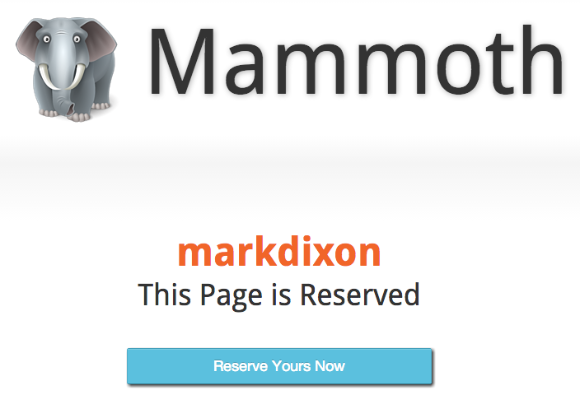
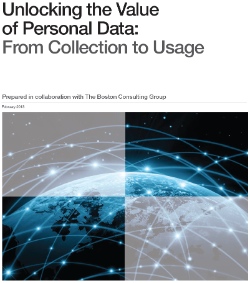
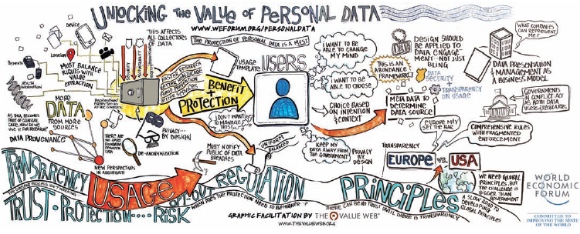
 I received my first order of
I received my first order of 